Associate Professor (Principal Investigator)
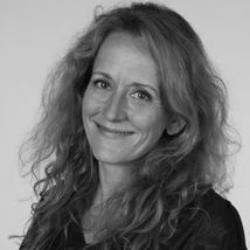
Tanja Nijboer
Utrecht University
Department of Experimental Psychology
Helmholtz Institute
Affiliated Assistant Professor
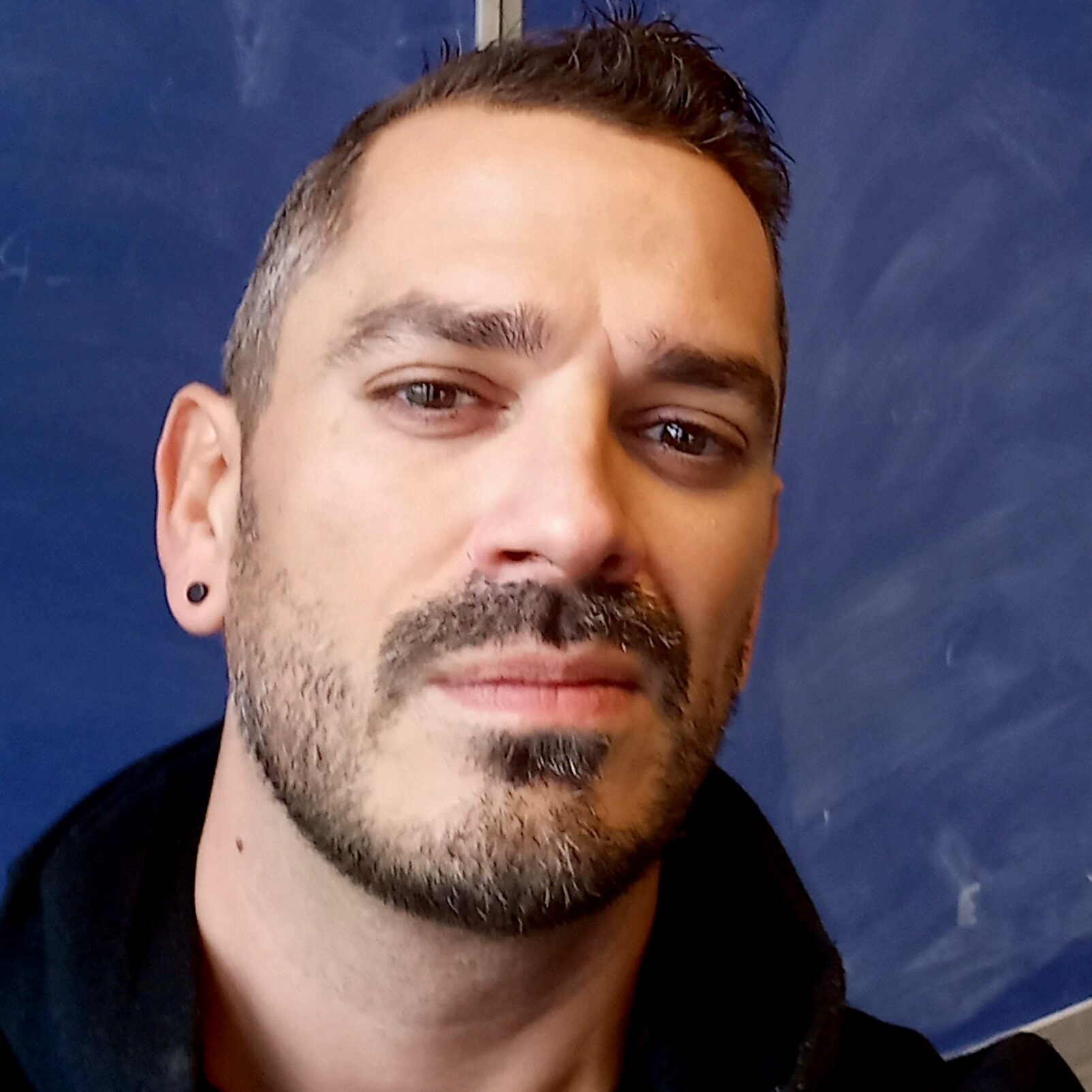
Affiliation: Department of Experimental Psychology, Helmholtz Institute, Utrecht University
For my research, I use machine learning approaches on high-dimensional data to find what aspects of a stimulus best describe a viewer’s behavior. For example, I create models that predict a person’s opinion on a particular art piece and then interpret the parameters of the models to better understand how such an opinion is formed. Now, I am going to apply very similar methods and approaches to your work. Specifically, my role is to bridge the gap between the raw VR data collected and the meaningful insights we aim to extract.
I aim to enhance our understanding of how stroke affects patient behavior in virtual environments, which could potentially lead to more accurate and efficient diagnostic tools.
Postdocs
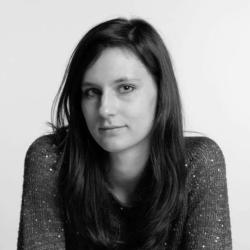
Affiliation: Postdoctoral Researcher at Brain and Cognition, KU Leuven, Leuven, Belgium & Copromotor of Eileen Bousché
Investigating the potential of computational modelling, Bayesian statistics in combination with innovative technology for clinical neuropsychological diagnosis during my postdoctoral research. In addition, during my PhD I developed an immersive virtual reality rehabilitation game (i.e., HEMIRehapp) for hemispatial neglect. We plan to evaluate the efficacy and feasibility of this new rehabilitation approach in the next years.
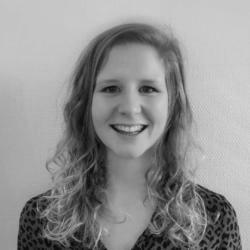
Affiliation: University of Antwerp, Research Group MOVANT (Dept. Rehabilitation Sciences and Physiotherapy)
This joint UAntwerpen – Utrecht project evaluates whether looking into gaze control during walking may increase our insights into the sensory and cognitive functioning as well as postural control abilities of older adults prone to falls.
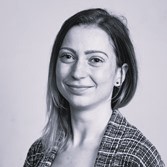
Affiliation: Department of Experimental Psychology, Utrecht University
I received funding from the DoY Thriving & Healthy Youth community, designed to foster interfaculty collaborations among junior researchers. I am involved in the ‘Playing for Cognition’ project, examining how individual differences among children with brain injury and congenital heart disease influence their performance when utilizing a VR Serious Game for cognitive assessment and training.
PhD Candidates
Basic mechanisms
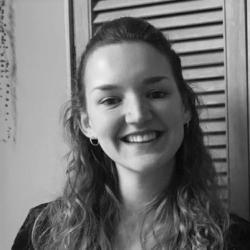
Affiliation: Department of Experimental Psychology, Helmholtz Institute, Utrecht University
Background: BSc Psychology, MSc Neuropsychology, MSc Neuroscience & Cognition
How do patients with acquired brain injury employ their visual working memory to efficiently perceive and use visual information? Do conventional neuropsychological tasks tell the whole story or should we move on to novel paradigms? During the course of my PhD I will try to find out whether eye movement behavior can give insights in underlying (working) memory deficits after acquired brain injury, and whether and how this relates to findings on tasks used in standard neuropsychological assessment.
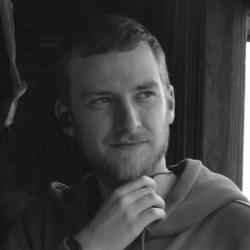
Affiliation: Department of Experimental Psychology, Helmholtz Institute, Utrecht University
Background: BSc. Psychology, MSc. Artificial Intelligence
Uncovering, at any given time, how many items are present in someone’s (visual) working memory is a complex task. I will investigate whether computational cognitive models can give insight into working memory usage based on gaze behaviour – and how experimental manipulations affect this usage of working memory. Additionally, I will investigate whether various patient populations use different working memory strategies as compared to healthy controls, by seeing whether machine learning models can dissociate between the two groups based on gaze behaviour and memory usage.

Affiliation: Department of public health and primary care, Leiden University Medical Center and Zorggroep Florence
Background: BSc Physical Therapy, MSc Neurorehabilitation and innovation, PhD candidate
A Dutch multicenter study to provide more insight into the process of VSN assessment in GR and to provide more insight into the stroke population with VSN during and after GR. The outcomes of the study will improve VSN assessments in GR neurorehabilitation and will ameliorate the insight of problems due to VSN in GR patients.
Mixed Reality
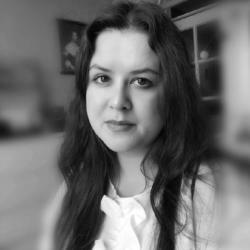
Affiliation: Utrecht University Experimental Psychology
Background: BSc. Psychology, MSc. Neuropsychology
Using Mixed Reality and Serious Gaming techniques to develop new neuropsychological outcome measures. Starting with assessing cognitive performance in children who underwent open heart surgery in early life with a VR Serious Game.

Affiliation: Utrecht University Experimental Psychology and Wilhelmina Children’s Hospital
Background: Neuropsychology
I am working on the ‘Playing for Cognition’ project (grant Stichting Hartekind), in which I will evaluate the effectiveness and feasibility of a Virtual Reality Serious Game for cognitive training in children with congenital heart disease.
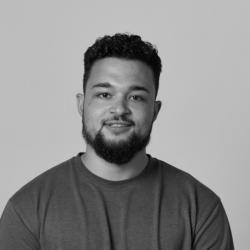
Affiliation: Department of Experimental Psychology, Helmholtz Institute, Utrecht University
Background: B.Sc. Psychology, M.Sc. Cognition and Psychophysiology
I am a PhD student supervised by Tanja Nijboer and Stefan van der Stigchel. My background lies in cognition and attention, specifically in visual perception. My PhD project revolves around finding an objective measurement for the experience of presence, which is defined as “the feeling of being inside of a virtual environment”. I am interested in how the experience can be quantified and utilized in practical applications and in understanding which factors influence the experience of presence.
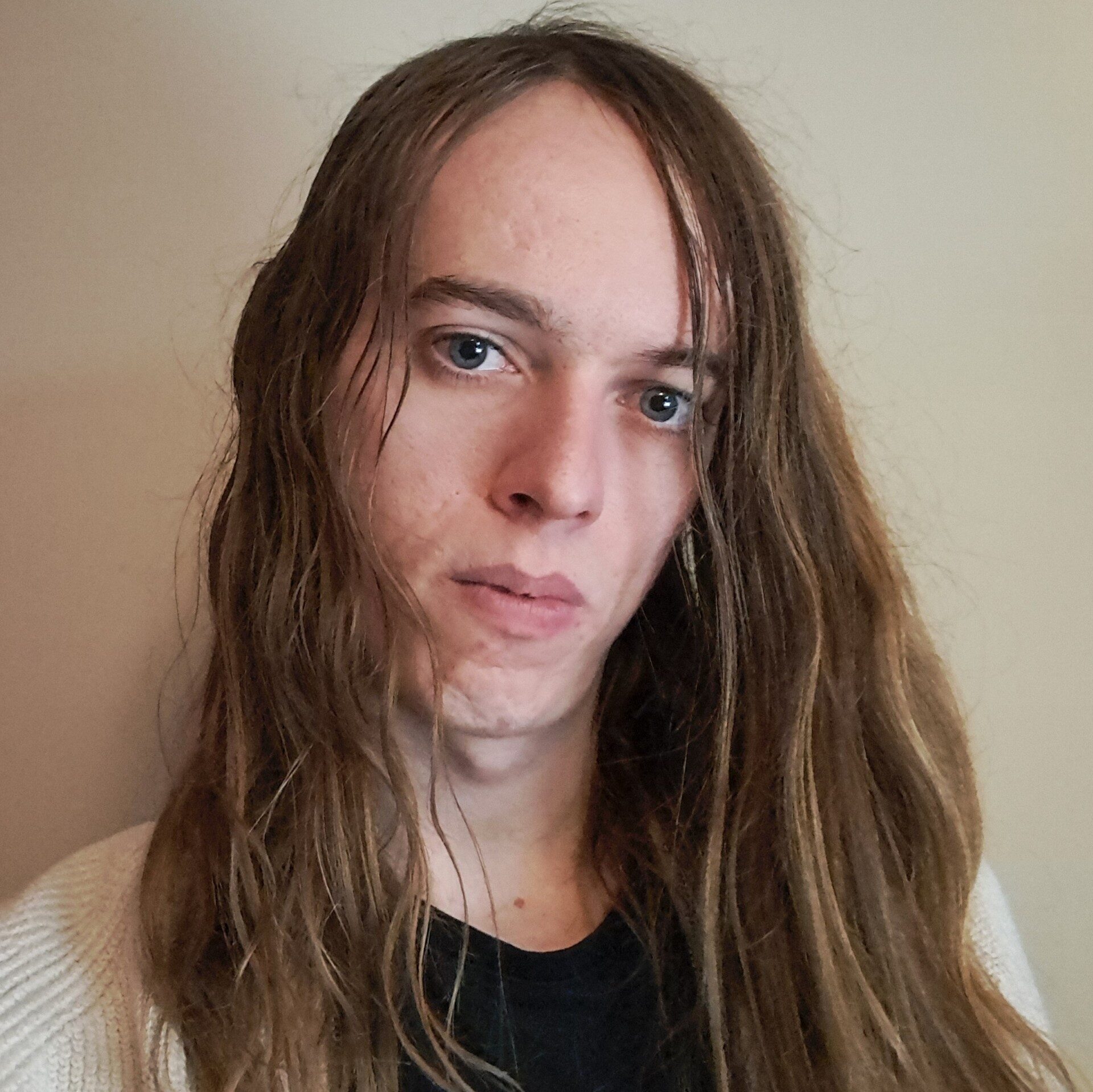
I’m working as one of the PhD students on the VR4eVR project, a large national collaboration aimed to help patients with hemianopia and their caregivers/families/friends to improve their activities of daily living and participation. Hemianopia is a consequence of (usually) stroke, in which the patients are left with (cortical) blindness that could be as extensive as their whole left or right visual field. In VR4eVR, VR technology will be central and rehabilitation will involve both restorative training and compensation strategies. Using my background in computer science, I will be responsible for developing VR applications (e.g. Serious Games, simulations) visual stimulation and visual scan training will be supported in an interactive, motivating fashion.
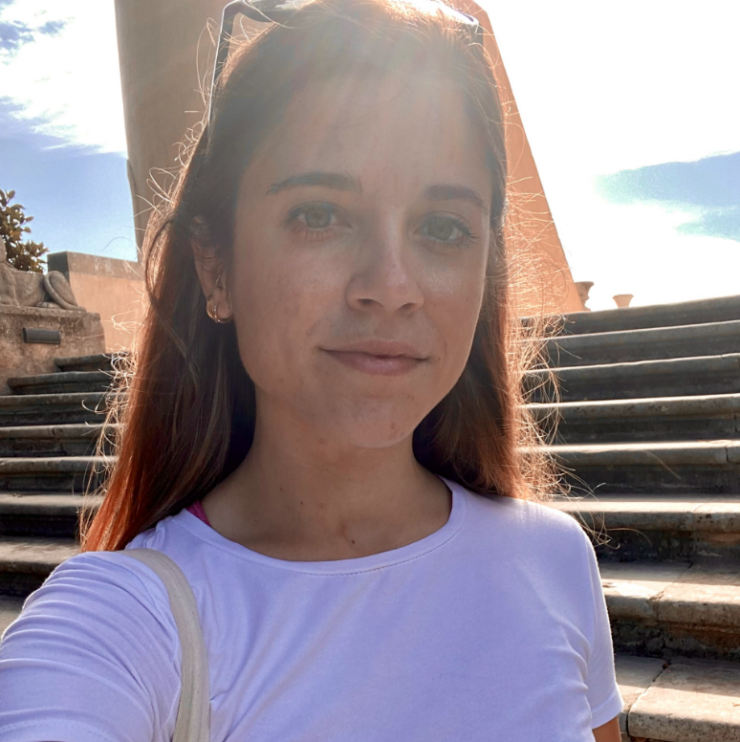
Affiliation: Department of Information and Computing Sciences, Utrecht University
Background: B.Sc. Statistics, M.Sc. Statistics
I am a PhD candidate in the Visualization and Graphics (VIG) group at Utrecht University, where I contribute to the VR4eVR project. This research project leverages Virtual Reality to support the rehabilitation of Hemianopia, a type of partial blindness commonly resulting from stroke. Within VR4eVR, I develop visual analytics systems to explore and interpret complex data from patients’ training programs, including eye-tracking metrics, task performance, and training progression. These tools are designed to support occupational therapists and clinicians in monitoring recovery and optimizing rehabilitation strategies.
Prior to joining Utrecht University, I studied Statistics and worked as a Data Scientist in the financial sector, first at the European Central Bank and later at Prometeia, a consultancy firm. My research interests lie in how VA techniques can enhance the accessibility and transparency of AI models throughout their life cycle, from early data exploration to model explainability and real-world deployment.
Non-invasive Brain Stimulation (NIBS)
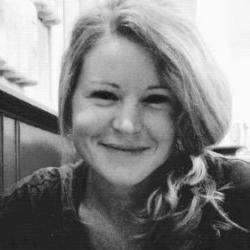
Affiliation: PhD candidate at Maastricht University (Department of Cognitive Neuroscience, Brain Stimulation and Cognition lab) and Interakt Contour
Background: Health Sciences
I believe that NIBS has the potential to become a powerful therapeutic tool to treat neglect symptoms following stroke. My research projects aim to answer the question whether NIBS, specifically tACS, can be used to correct for the visuospatial attention bias typically seen in neglect patients.
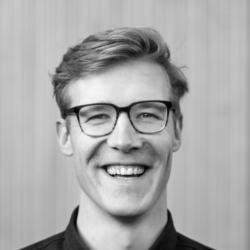
Affiliation: Brain Stimulation and Cognition Group, Maastricht University
Background: Neuropsychology
In my current project we study whether high-definition transcranial electrical stimulation can help improve cognitive rehabilitation outcomes for neglect in subacute stroke patients. In this project we use an interactive digital test- and training programme that recruits the patient’s visuomotor system and provides in-depth insight into training progress.
Researchers
Mixed Reality
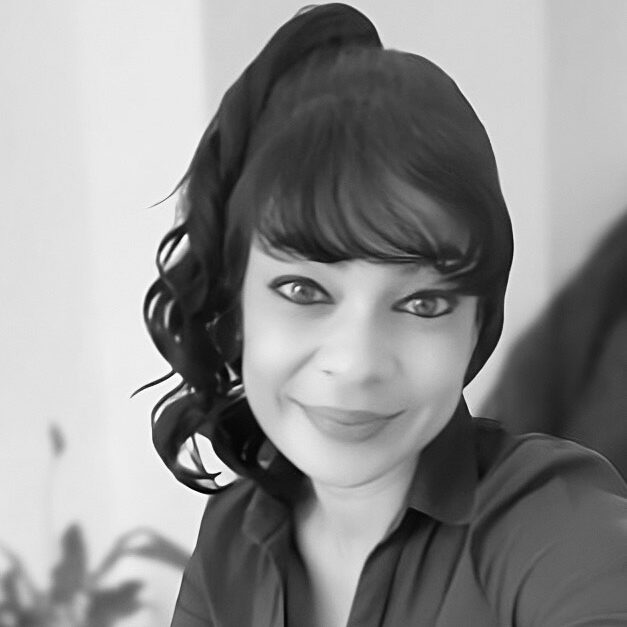
Affiliation: Researcher at Utrecht University
In the coming months, I’ll be working as a Researcher at the SMARTneurolab at the University of Utrecht. I’ll be involved in the “Playing for Cognition” project (grant ADS). My focus will be on applying AI algorithms to develop a computational model that analyzes data from a Virtual Reality serious game. This research aims to verify the game’s effectiveness in improving cognitive functioning in children with brain injuries. Along this journey, I’m particularly interested in deepening my understanding of advanced AI, data analysis techniques and their applications in clinical research. Additionally, I aim to explore insightful metrics that will help us gather relevant clinical findings, enhancing our understanding of the project’s impact.
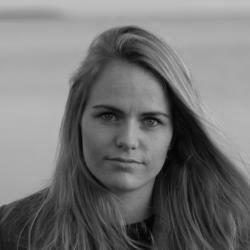
Affiliation: Department of Experimental Psychology, Helmholtz Institute, Utrecht University and Geriatrische Revalidatie Zorg, afdeling Onderzoek, Omring, Hoorn, Nederland
Background: Ergotherapeut en Master Digitale Innovatie in Zorg en Welzijn (M.A.)
Applying Augmented Reality(AR) to align treatments better to the needs of neglect patients. SE(AR)CH = Scan your Environment with AR to Create less Hamper in moving.
Research Assistants
Mixed Reality
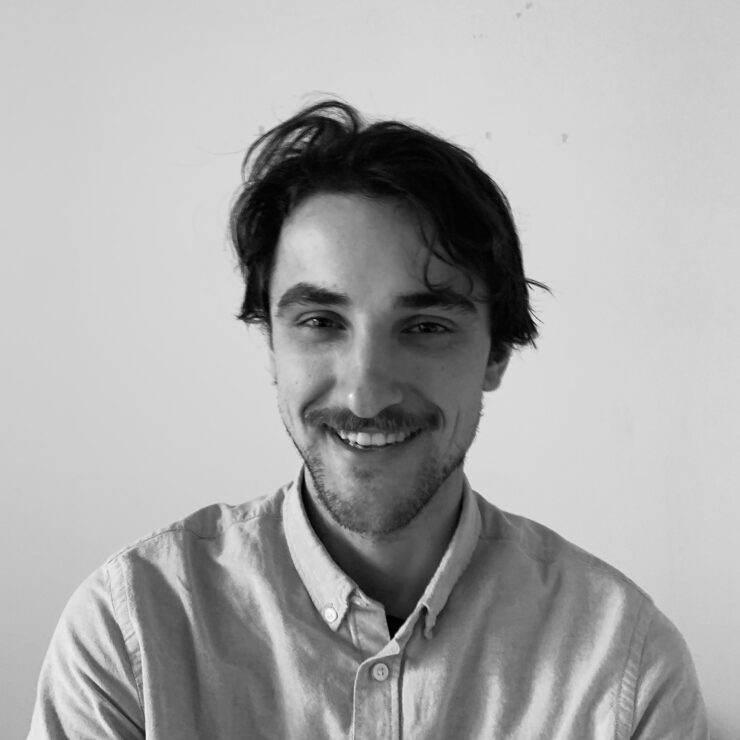
Affiliation: Research assistant at Utrecht University
Background: BSc Psychology, MSc Neuroscience & Cognition (currently)
I’ll be working with data from Virtual Reality simulations in different patient populations. With AI modeling we will evaluate the value of different outcome measures (eye tracking, navigation data) in dissociating between normal cognitive behavior and that after acquired brain injury.
Interns MSc
Digitised Neuropsychological Assessment (dNPA)
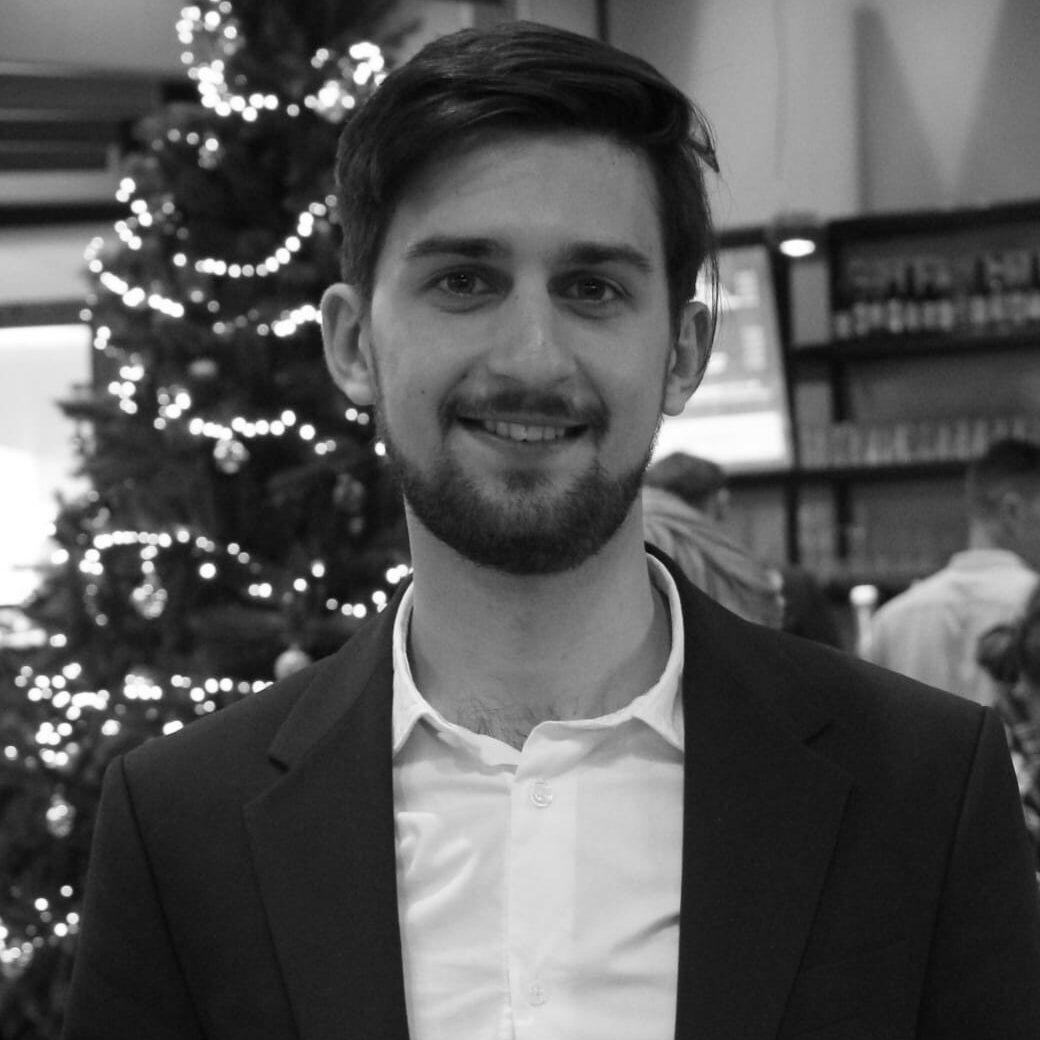
Background: B.SC. Psychology, Radboud University, currently M.Sc. Neuropsychology, Utrecht University.
For my master’s thesis, I am going to translate the CoCo-P questionnaire to Romanian, as well as collect normative data for the questionnaire from a representative sample in Romania. Additionally, I will use data available from several countries to check the questionnaire’s internal structure, and identify the key factors it measures. Finally, I will check which of these factors, if any, are associated with anxiety and depressive symptoms.
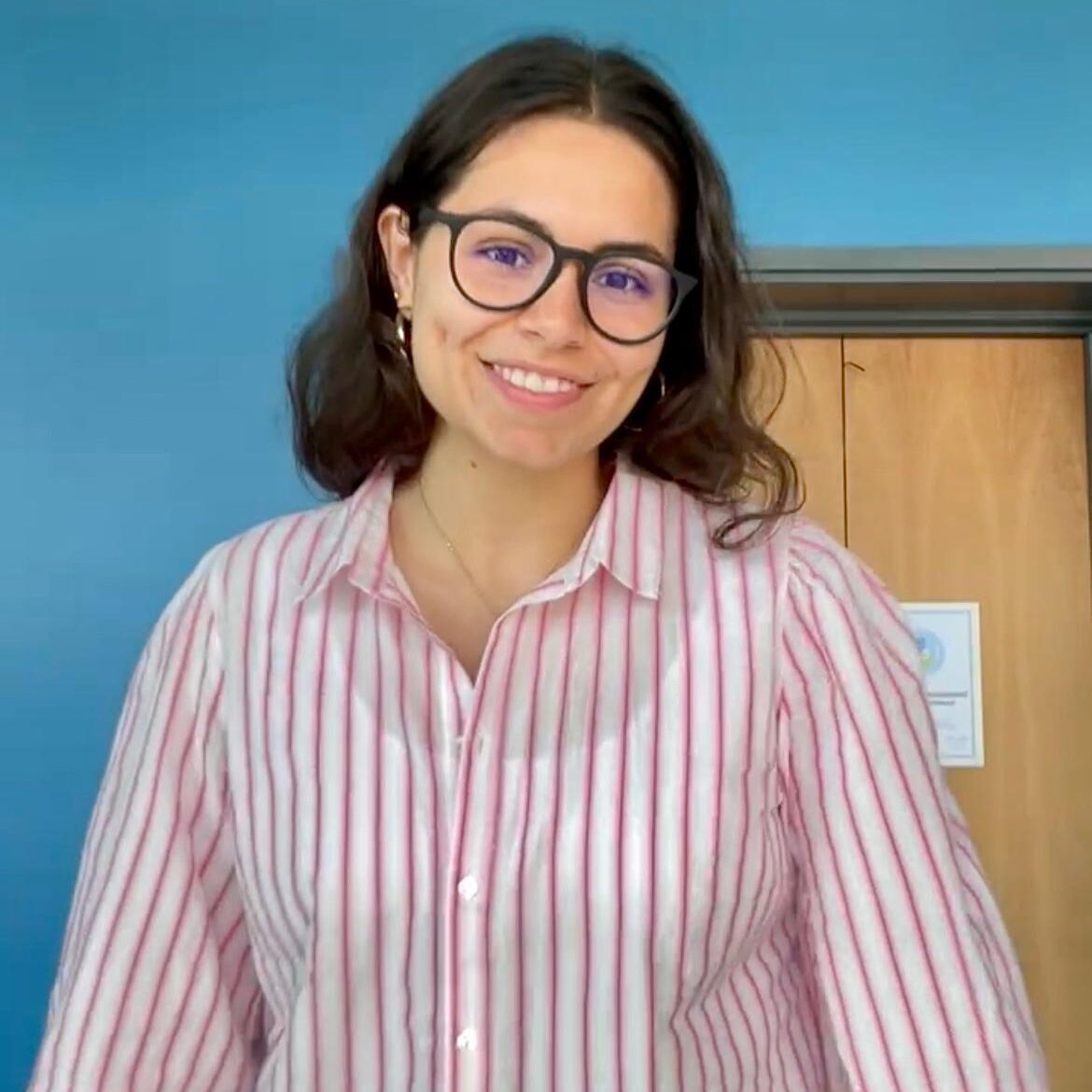
Background: B.Sc. Psychology, VU Amsterdam, currently M.Sc. Neuropsychology at Utrecht University
I will be working on translating the CoCo-P questionnaire to Spanish and collecting data in Peru. The study aims to include participants from diverse backgrounds, covering both rural and urban populations and ensuring a wide range of gender, age, and socioeconomic status. This will help build a comprehensive baseline of how healthy participants respond to cognitive complaints in daily life. Additionally, we aim to collect data from patients in Peru, focusing on Spanish speakers and, where possible, bilingual participants who speak secondary languages commonly found in the region. The ultimate goal is to expand the use of the CoCo-P internationally for both clinical and research purposes
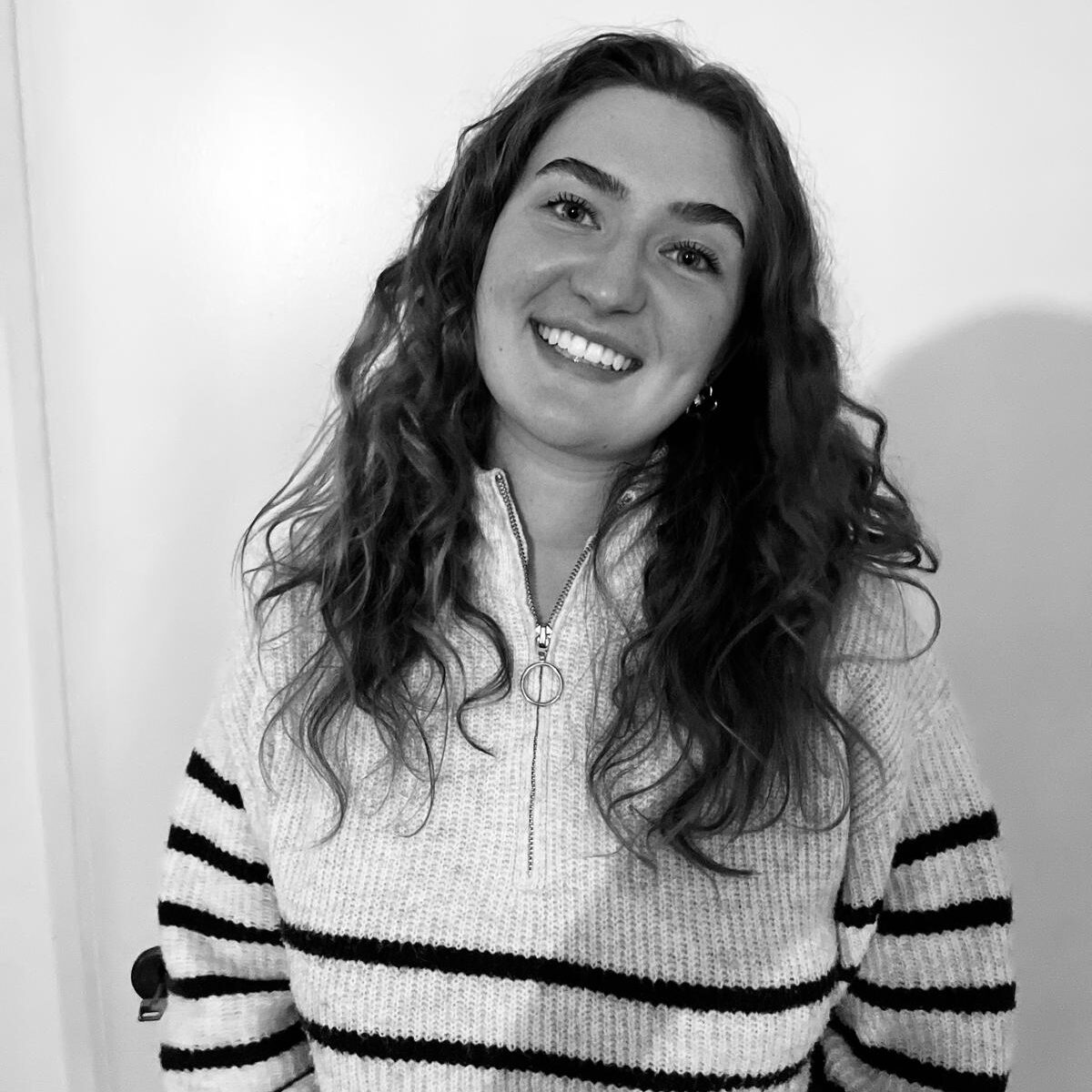
Background: BSc Psychology, MSc Neuropsychology at Utrecht University (currently)
For my master’s thesis, I am contributing to the ongoing validation of the CoCo-P scale using Dutch data. This study aims to include participants from diverse backgrounds, considering a broad spectrum of gender, age, and marital status. By validating the CoCo-P scale with Dutch data, we seek to establish a more robust baseline for understanding how healthy individuals perceive and respond to cognitive complaints in daily life. This, in turn, enhances our comprehension of cognitive complaints and their impact on participation.
Mixed Reality
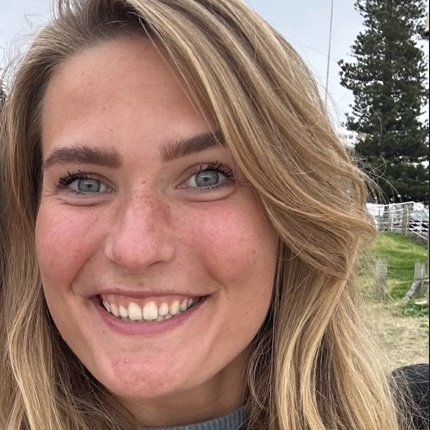
Background: BSc in Psychology and am currently pursuing a Master’s in Neuropsychology.
My research focuses on the cognitive abilities of individuals with acquired brain injury (ABI), specifically how they perform in a virtual reality (VR) simulation of a fast-food restaurant. I aim to compare these performances to those of healthy controls and investigate how they correlate with traditional neuropsychological assessments. Additionally, I am interested in exploring the influence of prior experience in the hospitality industry on cognitive functioning, to understand how this experience might impact performance in both the VR simulation and traditional assessments. I look forward to working on this project and contributing to the field!

Loes Jonker
Affiliation: VR Mental Health Lab at University Medical Center Groningen and department of Computing Science at Utrecht University
Background: BSc. Psychology, MSc. Artificial Intelligence, GSNS C-profile on science communication and informal science education
What are the ethical design criteria to use AI-powered avatars in VR as therapists? Currently, I am exploring this as part of my master thesis project with the use of focus groups. My aim is to co-design and develop an ethical framework in cooperation with the relevant stakeholders to inform future prototype developers of AI-powered therapists in VR. The initial framework will be based on the ethical framework for Ethics by Design for AI (Brey and Dainow, 2023).
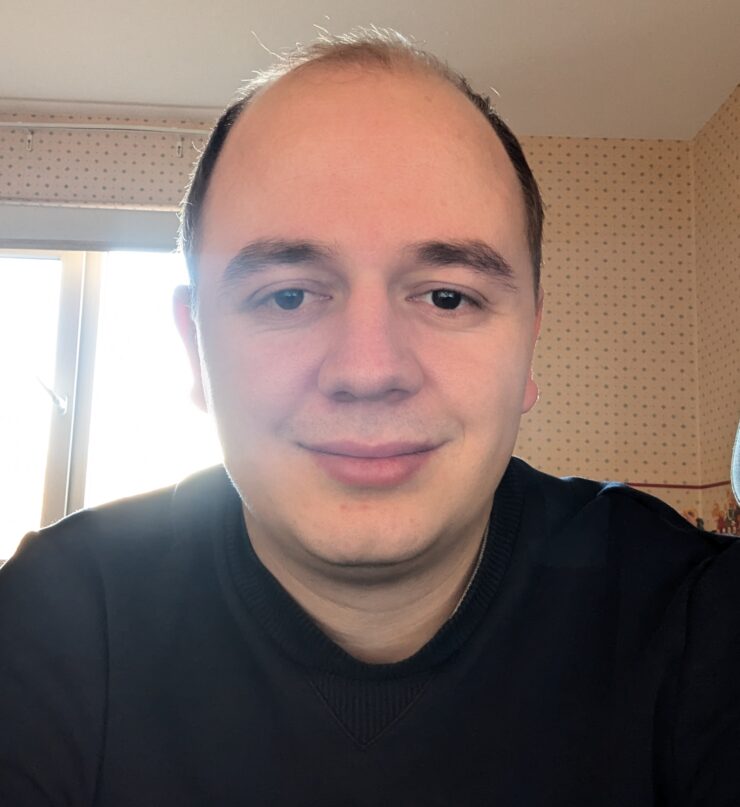
Background: BSc Information Science at Utrecht University, MSc Human-Computer Interaction (currently)
For my master thesis at SMARTneurolab I will be working with existing data from Serious Games. This data is collected from different groups of children with ABI. During my research I will be looking into analyse the data to see whether this can be useful for diagnosis. I will also be exploring the possibilities of machine learning methods for further predictive approaches.
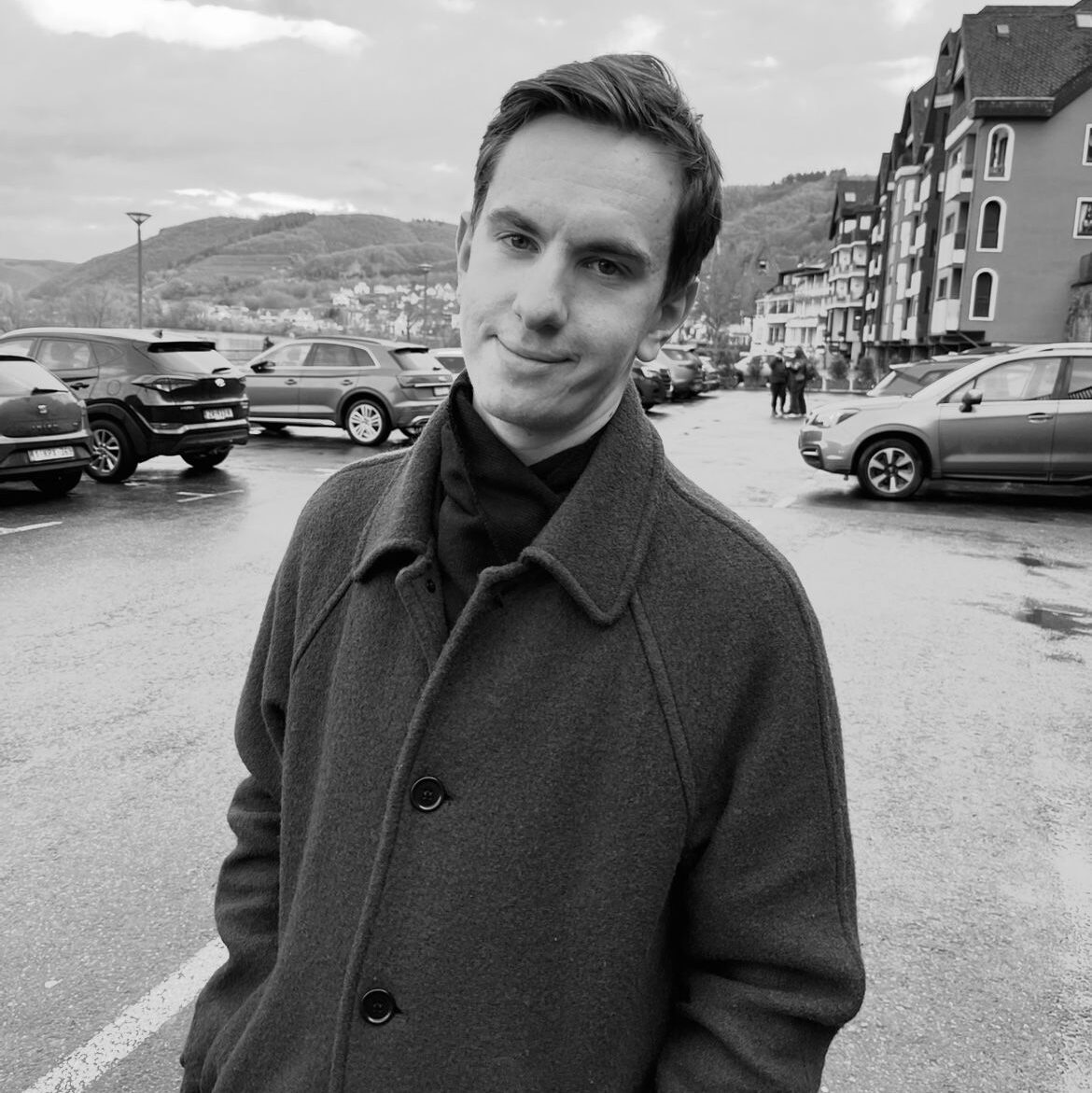
Background: BSc in Psychology and currently MSc in Neuropsychology both at Utrecht University.
I’m writing my master’s thesis at the SMARTneurolab. My research will be about the use of VR compared to regular neuropsychological assessment. Specifically, I want to look at working memory capacity, and how this interacts with the use of working memory in a VR-restaurant.
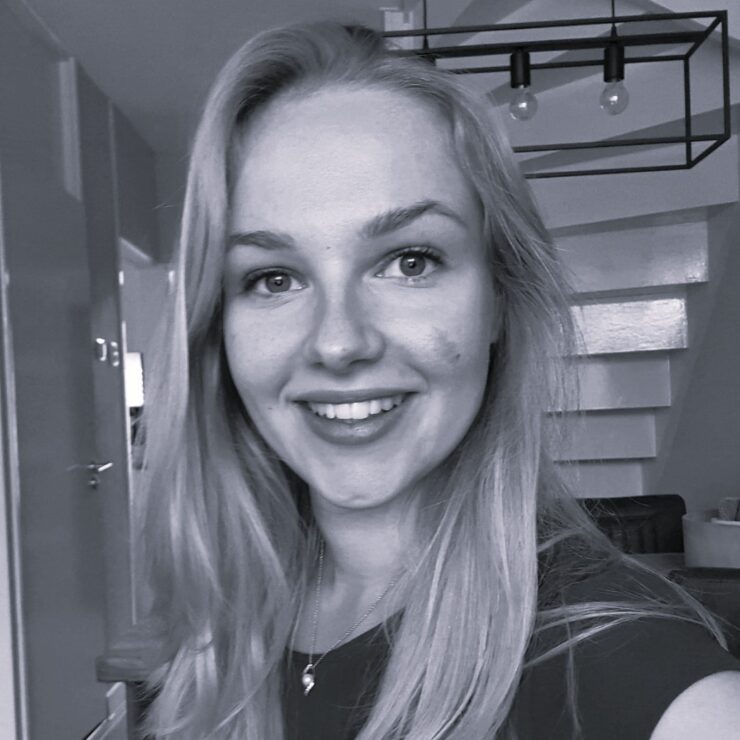
Background: Bachelor’s degree in Psychology and currently working toward a Master’s degree in Neuropsychology.
For my thesis, I will conduct research within the virtual restaurant project, focusing on the use of VR in comparison to traditional neuropsychological assessments. My research will examine how age, user experience, and feasibility influence VR performance. I’m really excited to start the research
Interns BSc
GP point of view
For our thesis, we focus on the long-term impact of stroke on daily life, specifically on participation problems that may arise years after the initial event. Often, primary care providers do not immediately make the connection between these new difficulties and the past stroke. Our research aims to identify this target group, uncover potential knowledge gaps among healthcare professionals, and explore effective ways to enhance their awareness. This project contributes to improving the recognition and support of individuals who struggle with daily life in the chronic phase of stroke recovery.

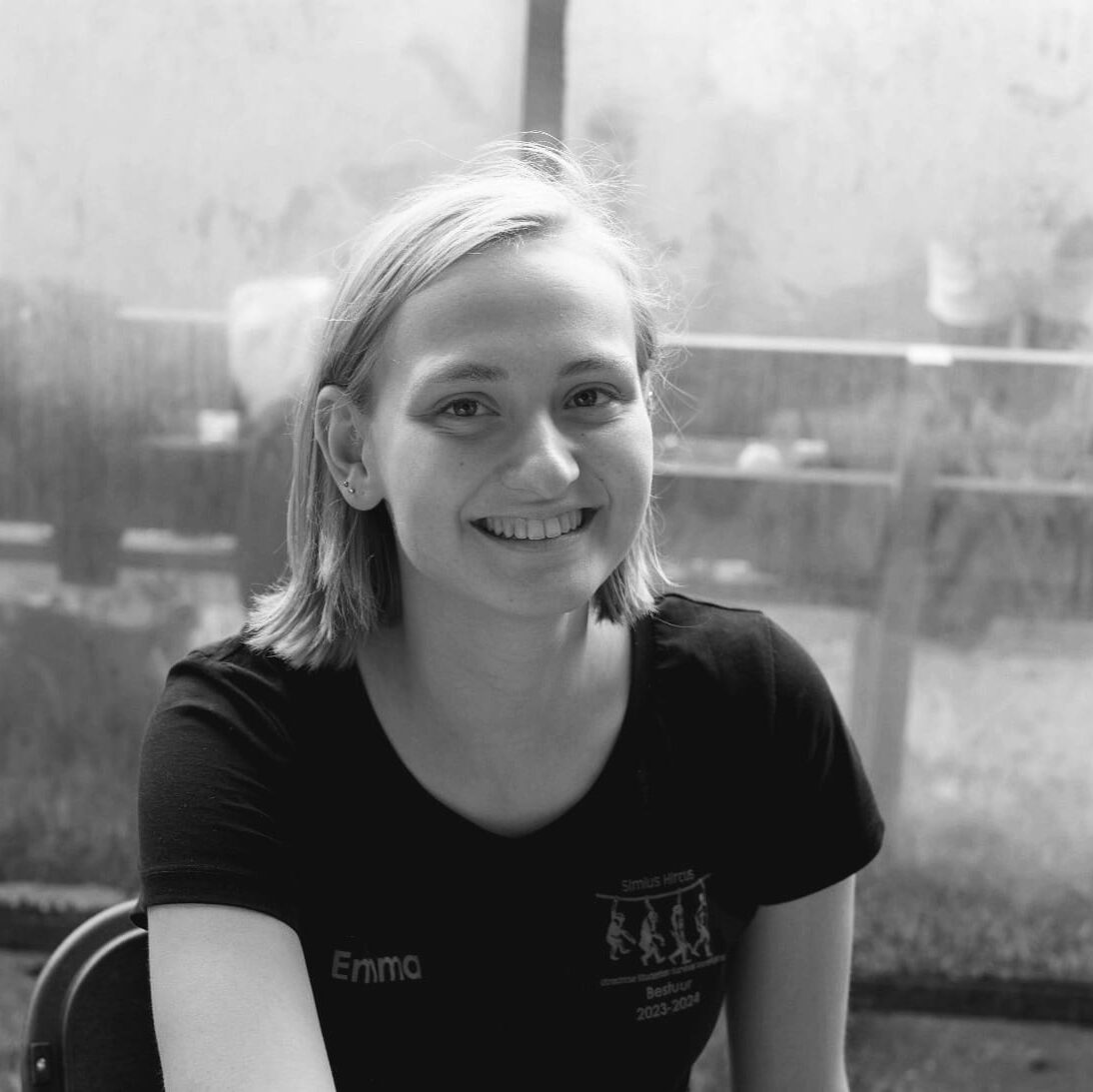
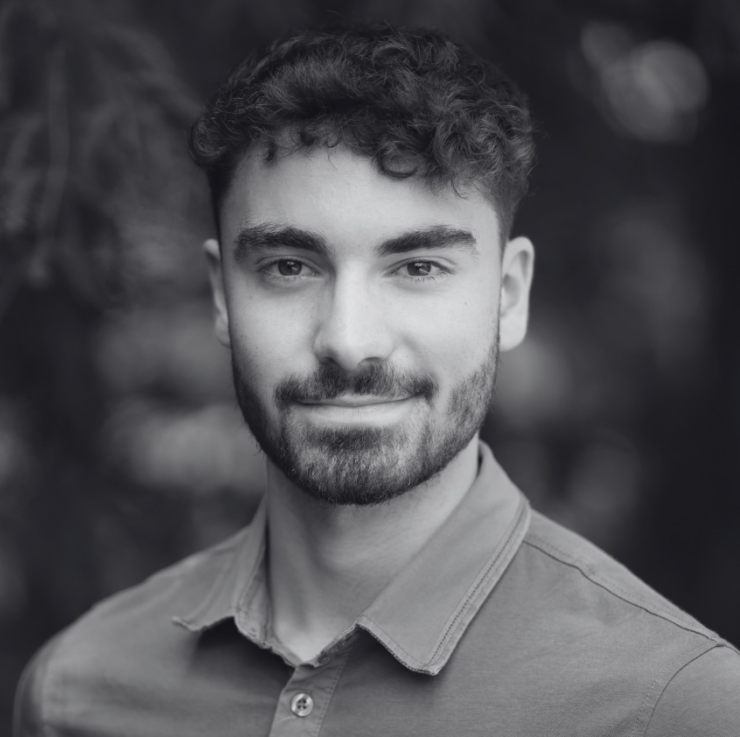
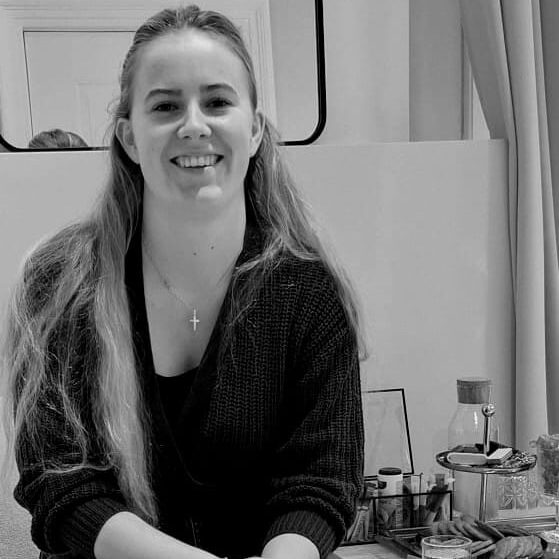
Mixed Reality
Alumni
There have been many others participating in this lab. Read more about them on our alumni page.

